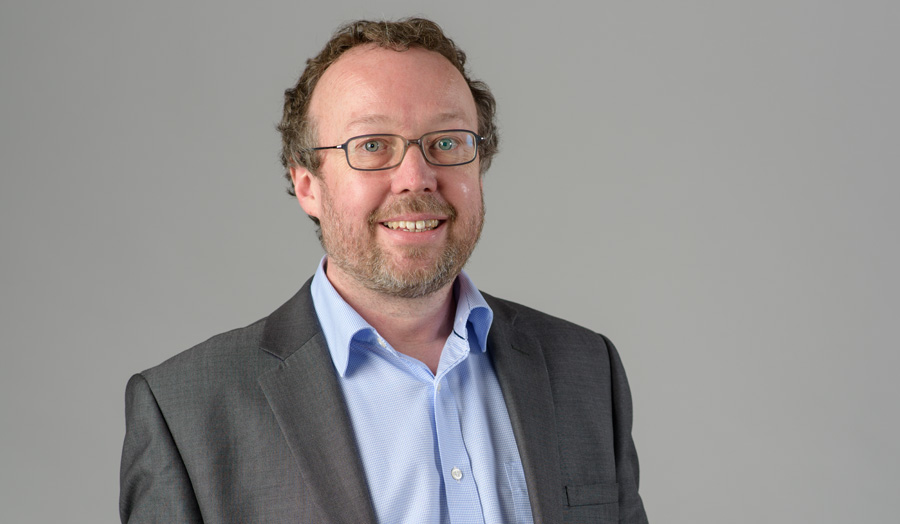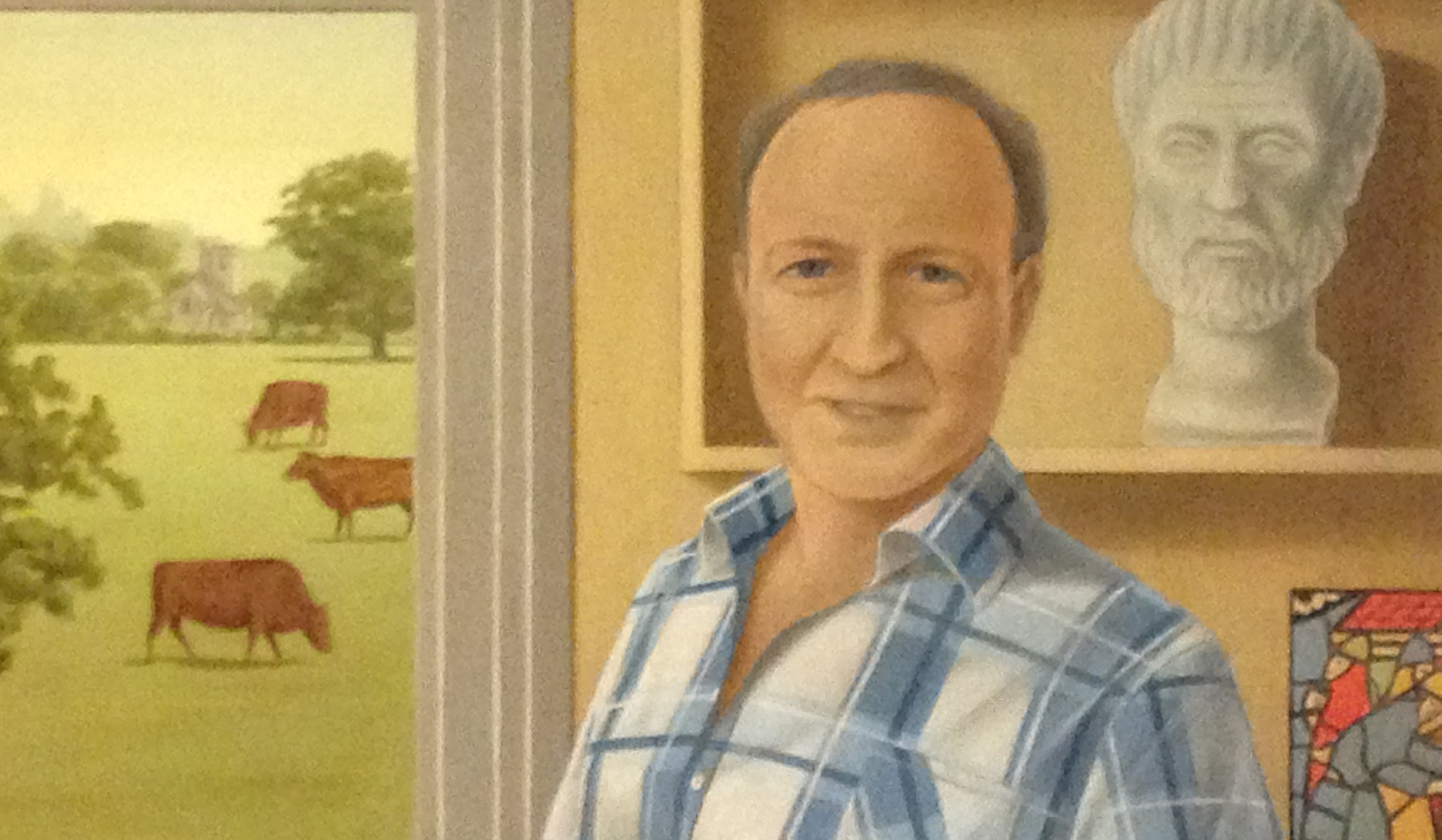Why study this course?
This master’s degree in Peace, Conflict and Diplomacy is designed to give you all the knowledge and skills you need to begin a successful career in the field of conflict transformation and resolution.
You’ll examine conflict and diplomacy theory, learn from practitioners’ expertise, and gain skills in analysis and conflict resolution techniques. Our course prepares you for work in mediation practice, foreign aid, journalism, foreign offices, international bodies such as the United Nations (UN) or the public sector.
More about this course
Our Peace, Conflict and Diplomacy MA course is taught by industry-leading specialists in politics and international relations who have been internationally recognised for their work. On top of this, you’ll benefit from direct teaching by experienced practitioners from International Alert, a leading non-governmental organisation (NGO) that manages conflict resolution issues all around the world.
By examining theoretical and conceptual debates you’ll learn about the nature and origin of political conflict, plus specialist techniques that practitioners use to transform and resolve conflict.
Our degree doesn’t just set you up for an exciting career in conflict resolution, it can also be a stepping stone to doctoral study in related fields, politics or international relations.
Assessment
You will be assessed through coursework and a dissertation of between 12,000 and 15,000 words. The dissertation forms a key element of your master's degree. It allows you to pursue a topic of your choosing in depth and is to be completed over the summer study period.
Fees and key information
Apply nowEntry requirements
You will be required to have:
- a minimum of a lower second class (2.2) honours degree in a relevant discipline such as politics, international relations, international development, or social and behavioural sciences
Applications are also welcome from those who have experience in conflict resolution or who possess relevant professional qualifications.
If you have an undergraduate degree in a non-related subject, you may also be considered with a supporting statement on a case-by-case basis.
Accelerated study
Students can be accepted on the basis of relevant education and experience. Accredited prior learning can also be accepted for modules in a relevant subject.
Accreditation of Prior Learning
Any university-level qualifications or relevant experience you gain prior to starting university could count towards your course at London Met. Find out more about applying for Accreditation of Prior Learning (APL).
English language requirements
To study a degree at London Met, you must be able to demonstrate proficiency in the English language. If you require a Student visa (previously Tier 4) you may need to provide the results of a Secure English Language Test (SELT) such as Academic IELTS. This course requires you to meet our standard requirements.
If you need (or wish) to improve your English before starting your degree, the University offers a Pre-sessional Academic English course to help you build your confidence and reach the level of English you require.
Modular structure
The modules listed below are for the academic year 2023/24 and represent the course modules at this time. Modules and module details (including, but not limited to, location and time) are subject to change over time.
Year 1 modules include:
- This module currently runs:
- spring semester
This module aims to introduce you to:
1. The key concepts, approaches and paradigms of Conflict Transformation
2. The political, social and psychological dynamics behind conflicts
3. Crucial issues related to conflicts, such as identity, race, gender and power
4. The major strategies and mechanisms available for managing, resolving and transforming conflicts
5. The application of Conflict Transformation theories and approaches to real-world conflicts - This module currently runs:
- autumn semester - Monday afternoon
This module examines the theoretical, analytical, normative and practical aspects of international conflict resolution. It considers a range of approaches to the subject, elucidating its relationship with relevant disciplines and concepts. It explores both inter-state and intra-state conflicts and the relationships between them, with analysis of the roles of a range of actors, including states, international institutions, NGOs, and civil society movements.
It seeks to provide students both with a thorough understanding of the complex issues involved in attempts to transform conflicts and a high level of conceptual, analytical and theoretical understanding of the subject area.
This module aims to:
1. Examine a range of approaches to the cessation of contemporary conflicts and the conditions that may be necessary for peace
2. Focus upon both the domestic and international actors involved in these processes
3. Provide students with an understanding of relevant theories and empirical material for comparative analysis
4. Explore the differing ways in which particular conflicts tend to be viewed by participants, external commentators and public policy-makers - This module currently runs:
- summer studies - Thursday afternoon
- spring semester - Thursday afternoon
- autumn semester - Thursday afternoon
This module enables students to develop the skills necessary to conduct independent research and produce a dissertation at postgraduate level. Through bespoke research workshops, it provides them with a detailed introduction to qualitative and quantitative research methods, the knowledge to design and carry out their independent research projects, and the ability to write a 15,000-word dissertation. The workshops are complemented by students working individually with assigned supervisors.
This module aims to:
• Provide students with a thorough grounding in appropriate social scientific research methods
• Allow students the opportunity to engage in a major piece of independent research in Peace, Conflict and Diplomacy
• Enable students to apply the knowledge and analytical techniques they have gained from studying Peace, Conflict and Diplomacy to a topic of their choice
• Develop their research, analytical and time-management skills
• Apply and develop their skills in writing up their findings in dissertation form - This module currently runs:
- autumn semester - Wednesday afternoon
Diplomacy has never been more important than it is today. Whether it involves communicating states’ interests with clarity and precision in an era which seems prone to disputes and misunderstandings, or the building of international networks of states, civil society actors and international organisations to tackle pressing global problems, diplomacy has a vital role in maintaining international order in an increasingly fractious and turbulent world.
On this module you will explore the practice of contemporary diplomacy. You will examine how states and other international actors engage in the central diplomatic practices of communication, negotiation and representation in the 21st Century in order to resolve international crises, address global issues and to pursue their interests. The module explores how traditional diplomatic institutions and practices are evolving in response to global change, how new forms of diplomatic interaction are emerging, and how the old and new forms of diplomacy co-exist, whether in tension with each other or through the development of new synergies.
The module combines both academic and practical dimensions of diplomacy, exploring debates concerning the changing nature of diplomacy and some of its central characteristics (e.g., should it be conducted in secret?), with opportunities to develop and reflect upon key skills, such as how to effectively communicate and negotiate. It will help to prepare students seeking careers in international affairs.
The module aims to develop students’ knowledge and understanding of how diplomacy operates in contemporary international contexts. Students will have opportunities to reflect upon and develop their negotiation and communication skills over the course of the module.
- This module currently runs:
- autumn semester - Tuesday evening
History and Theory of Human Rights engages contemporary scholarship and debate about the political history and moral and political philosophy of human rights. It therefore now follows Samuel Moyn’s deflation of the philosophy of human rights and demythologization of the history of human rights. Whilst radicalizing Moyn’s project by tracing human rights’ American genealogy, it explores grounds for questioning what he intends as his definitive judgement that human rights are “Not Enough”. In these ways, it provides the MA in Human Rights and International Conflict with its theoretical and potentially practical backbone.
The module aims:
1. to provide a historical and critical introduction to ideas, theories and arguments about human rights;
2. to evaluate political, social, legal and economic institutions and actions by ethical criteria;
3. to explore ethical ideas and to articulate such ideas in the construction of logical argument. - This module currently runs:
- spring semester - Monday evening
Human Rights and the International Order analyses the institutionalized practice of human rights, their emancipatory achievements and legitimatory function, their internationalization in the 1940s and 2001’s thwarting of the ambition of a “responsibility to protect”, the present plight of both them and the order along with which they were internationalized, and their prospects.
The module aims to enable its participants to critically analyze:
1. the causes of, and reasons for, the Universal Declaration of Human Rights, and the broader development of human rights as a globalizing and institutionalizing force in relations between states;
2. the variety of particular states, domestic and foreign policies, non-state actors, cultures, and motivating ideologies with which human rights has come into conflict, and to explain such conflict;
3. the role of human rights in justifying wars, in legitimating international organizations, and in maintaining international order.
- This module currently runs:
- spring semester - Wednesday afternoon
Human Security is an approach to politics that focuses on the well-being of individuals and communities. Its particular focus is to identify and understand threats to peoples’ security that are not confined to armed conflict, not understood at the level of the state, and not encompassed by the general understanding of national security.
The goal of this module is to introduce a range of issues that have been construed as relevant to security in recent years, and which have changed and expanded the notion of security within the study of international relations. In the post-war period, and particularly since the end of the Cold War, it has become apparent that safety, peace and the pursuit of prosperity can be threatened in many ways other than by armed conflict.
This module will explore the concept of security as it is understood within the International Relations discipline. What has been the rationale for the development of a distinct concept of ‘human security’? What are the implications of the concept of human security for our understanding of security in the international system? It will then examine the application of the concept to substantive problems and policy areas. These include the impact of poverty and inequality, gendered violence, the impact of environmental degradation, food insecurity, mass population movement, human trafficking and international crime. Finally, it will assess the impact of the concept on the strategies and policies of international organisations and states.
- This module currently runs:
- spring semester - Wednesday evening
In this module you will learn (a) what international law is, how it is implemented and the kind of international order it sustains and (b) how the principles of international law apply to a selection of high-profile real-world conflicts.
- This module currently runs:
- spring semester - Tuesday morning
In both the practice of international relations and the study of diplomacy, the roles of publics have never been so important. Empowered by the enhanced networking opportunities provided by the internet and social media, states and migrant populations exert influence on international affairs through their attempts to shape public opinion, both at home and abroad.
On this cutting-edge module, you will explore the practice of contemporary public diplomacy, through which states and other actors attempt to implement their foreign policies through engaging with publics. You will also examine the increasingly significant role played by diaspora populations in world politics, in areas such as conflict resolution. These two practices come together in various ways through the form of diaspora diplomacy, whether through migrant communities becoming diplomatic actors in their own right, or through states partnering with diasporas to pursue their diplomatic agendas.
Exploring both thematic (e.g., gastrodiplomacy) and country (e.g., the UK, China, India) case studies, the module aims to develop students’ knowledge and understanding of how public diplomacy and diasporas shape the contemporary international environment.
- This module currently runs:
- autumn semester - Tuesday afternoon
This module will provide you with an opportunity to engage with contemporary debates on the various different roles of religion in international relations. In particular, it will enable you to evaluate differing interpretations of the political importance of religious actors, groups and religious oriented ideologies in international relations.
It will consider how religion, once considered to be in decline in the second half of the Twentieth Century, has re-emerged as an influencing force in international relations since the end of the Cold War in the 1980s. Global events in recent years, not least the Al-Qaeda attacks on the USA on September 11, 2001, and subsequent attacks by other ‘religiously-motivated’ terrorist groups, have resulted in various religious ‘actors’ having a crucial role in shaping world politics. But these are not the only ones.
The challenges - both theoretical and practical – of integrating religion into international relations has attracted a great deal of attention in recent years, with scholars looking to account for the ‘return’ or resurgence’ of religion. With this in mind, this module will explore the doctrines and organizational methods of many major religious ideas, values and actors, focusing on their abilities to influence local, regional and global affairs.
As a result, this course will seek to reach beyond the often quoted ‘Clash of Civilisation’ thesis proposed by Samuel Huntington, which has dominated so much of the discussion since 9/11, and will, instead, explore how many governments make issues linked to religion a focal point of their foreign policies, whilst also demonstrating how non-state actors and religious groups, often transnational in nature, are inspired by religious concerns to engage politically with governments.
Finally, it will consider the view that though some national and international conflicts have roots in religious, cultural and ethnic divisions, it is also the case that religion has played an increasing role in humanitarian/development work, conflict resolution and peacebuilding.
- This module currently runs:
- autumn semester - Monday morning
By the end of the module you will
1. Appreciate what is at stake in security, both as a theoretical concept and as an ontological category.
2. Gain an understanding of how the concept of security has been rearticulated and challenged in our contemporary context through an engagement with some of the most pressing issues of our day.
3. Be able to question the ethical dimensions of the Westphalian order based on notions of sovereignty and narrow State interests and determine whether theories highlighting human emancipation need to be strengthened.
4. Be able to demonstrate a grasp of public policy, especially the processes and structures of decision-making in the area of international security.
5. Be able to examine the contemporary themes in international security, such as the legacy of the Cold War, the impact of terrorism, the proliferation of dangerous weapons, the rise of great powers, the impact of globalisation, the rise of failed states, mass migration, and climate change.
You will explore the relationship between the state and terrorism and considers how the nation state has been the perpetrator and a motivating factor behind terrorist acts, as well as considering other reasons behind such acts of violence. You will consider the role of the state as a protector of its citizens has been challenged by its own actions and by terrorist organisations including groups such as ISIS. The module goes on to outline contemporary terrorist tactics and reviews the impact on national and international responses to terrorism.
The module aims are
1. Allow an exploration of the role of the state as protector from and perpetrator of terrorist violence
2. Learn about the different motivations for individuals and groups to become radicalised
3. Understand contemporary terrorist tactics within a historical context
4. Consider terrorism desistance
5. Outline the impacts of counter terrorism measures and the war on terror on both radicalisation and the wider public
Where this course can take you
We ensure you’re prepared for a range of roles in conflict resolution. Successful graduates could go on to become mediation or conflict resolution practitioners, aid workers or conflict reporters, or work in foreign offices, embassies, the diplomatic services or for international bodies such as the UN.
You’ll also be prepared for further academic study and research in peace and conflict resolution, or other related fields such as politics and international relations.
Important information about this course
We're committed to continuously improving our degree courses to ensure our students receive the best possible learning experience. Many of the courses in our School of Social Sciences and Professions are currently under review for 2023-24 entry. We encourage you to apply as outlined in the how to apply section of this page and if there are any changes to your course we will contact you. All universities review their courses regularly and this year we are strengthening our social sciences and professions courses to better reflect the needs of employers and ensure you're well-equipped for your future career.
Additional costs
Please note, in addition to the tuition fee there may be additional costs for things like equipment, materials, printing, textbooks, trips or professional body fees.
Additionally, there may be other activities that are not formally part of your course and not required to complete your course, but which you may find helpful (for example, optional field trips). The costs of these are additional to your tuition fee and the fees set out above and will be notified when the activity is being arranged.
How to apply
Use the apply button to begin your application.
If you require a Student visa and wish to study a postgraduate course on a part-time basis, please read our how to apply information for international students to ensure you have all the details you need about the application process.
When to apply
You are advised to apply as early as possible as applications will only be considered if there are places available on the course.
To find out when teaching for this degree will begin, as well as welcome week and any induction activities, view our academic term dates.
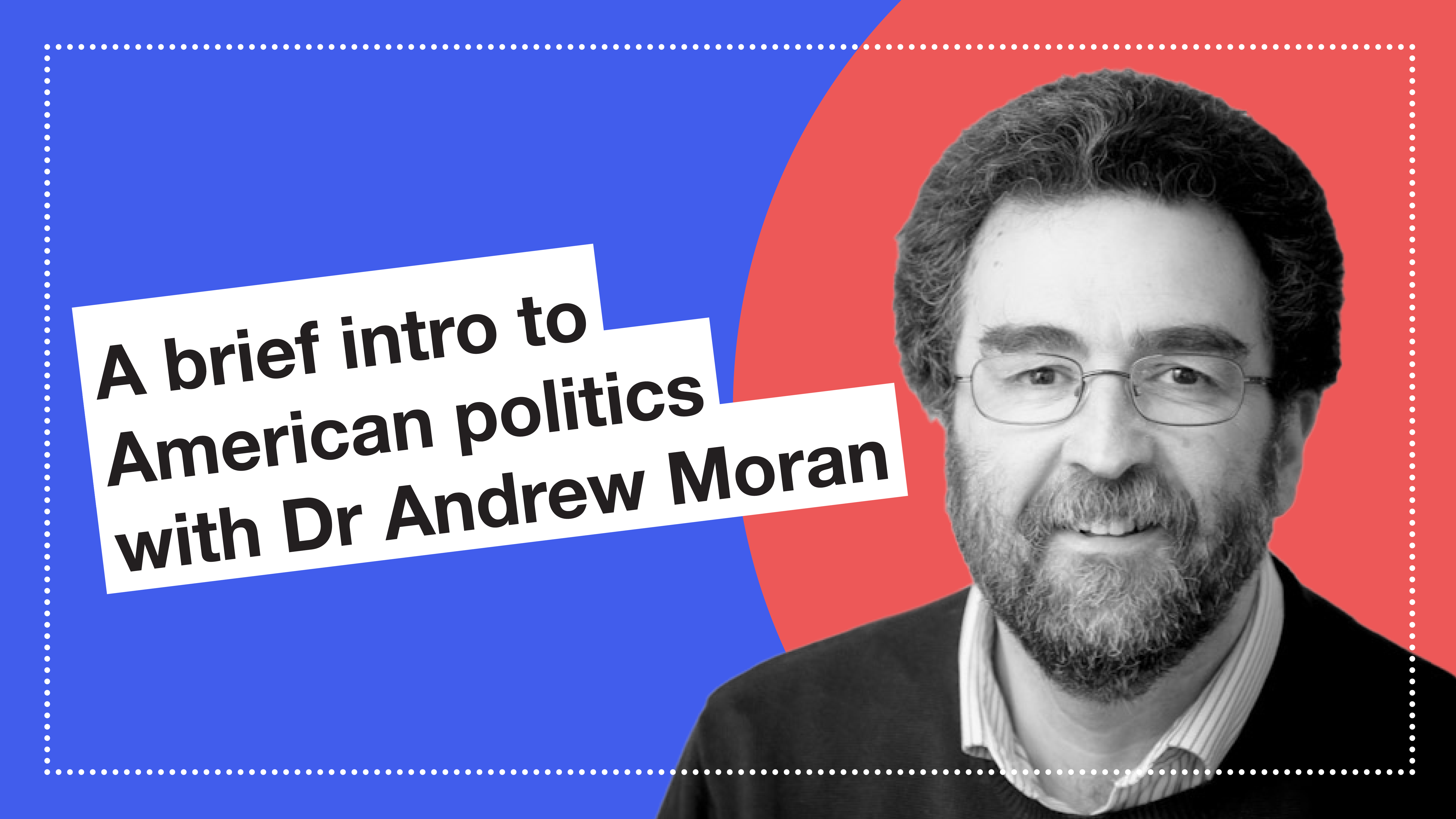

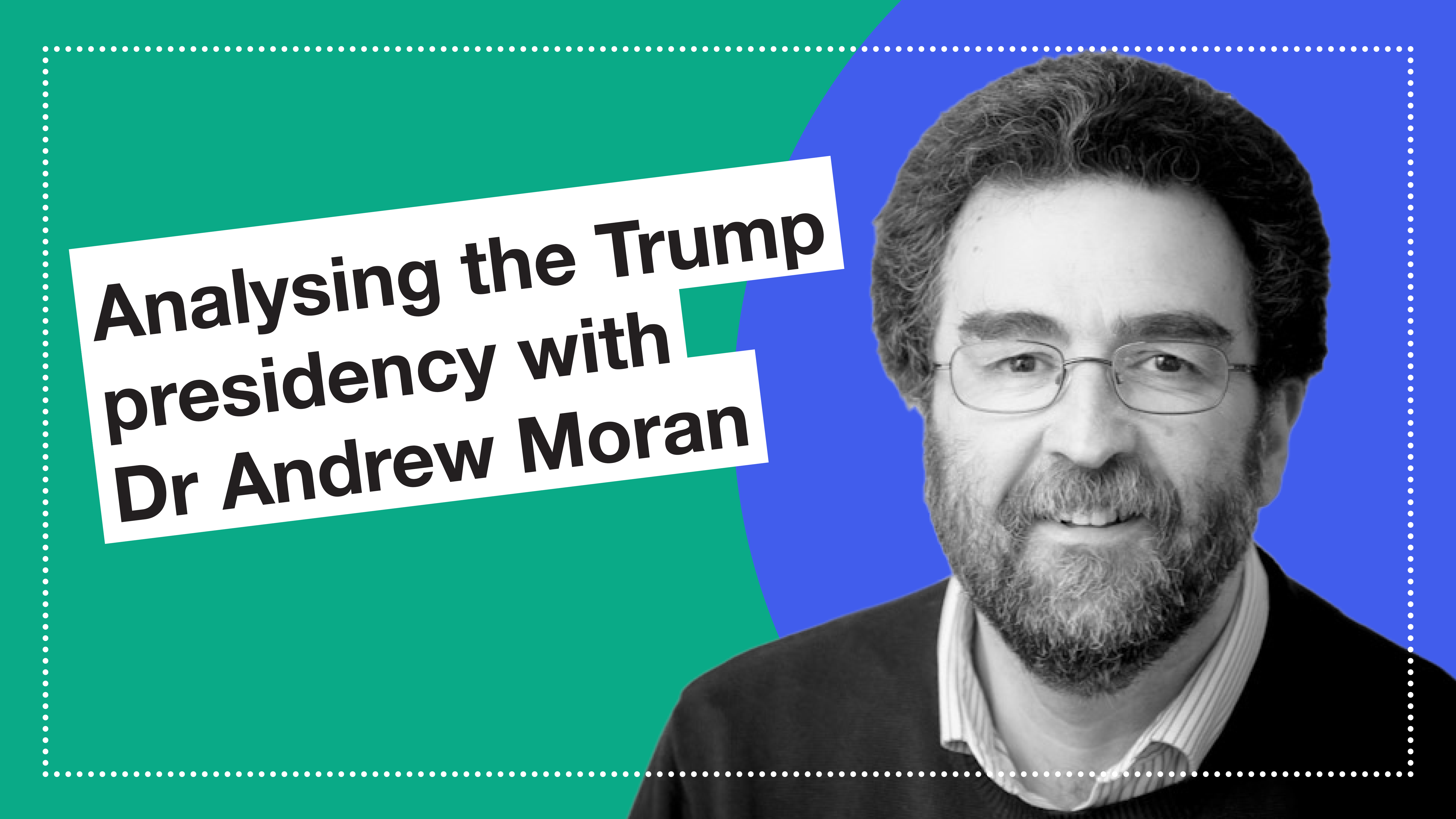
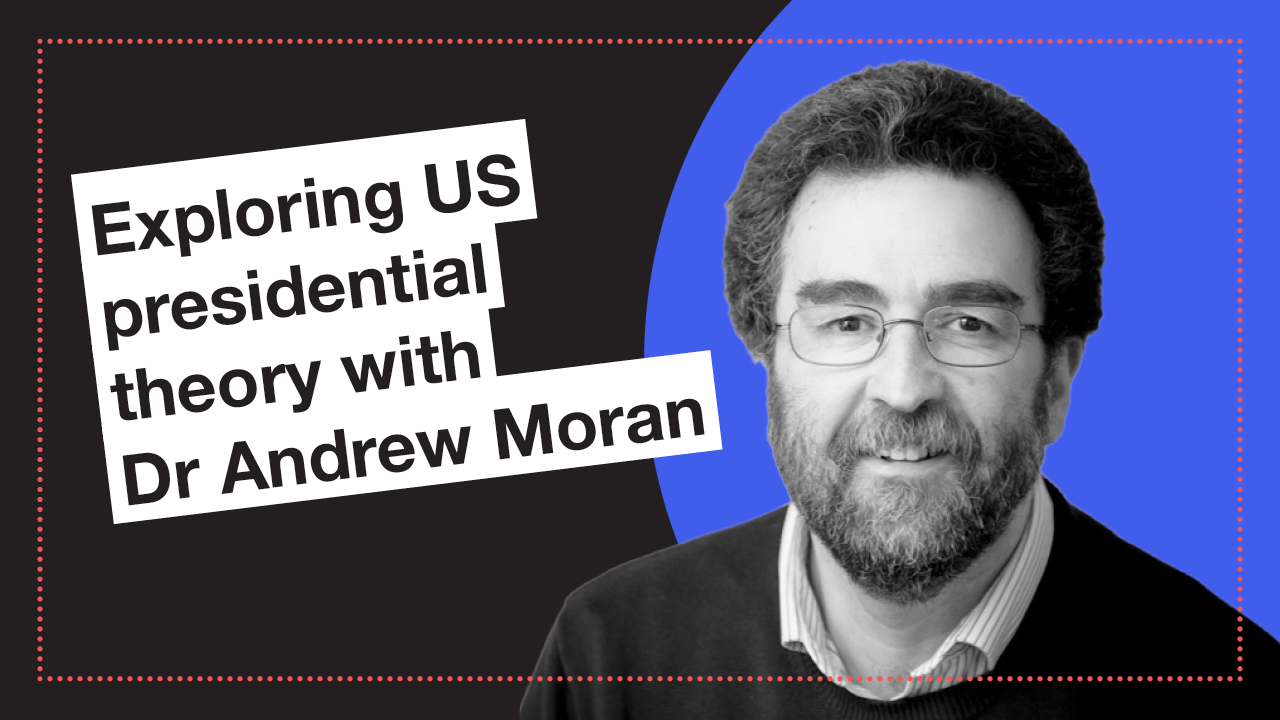
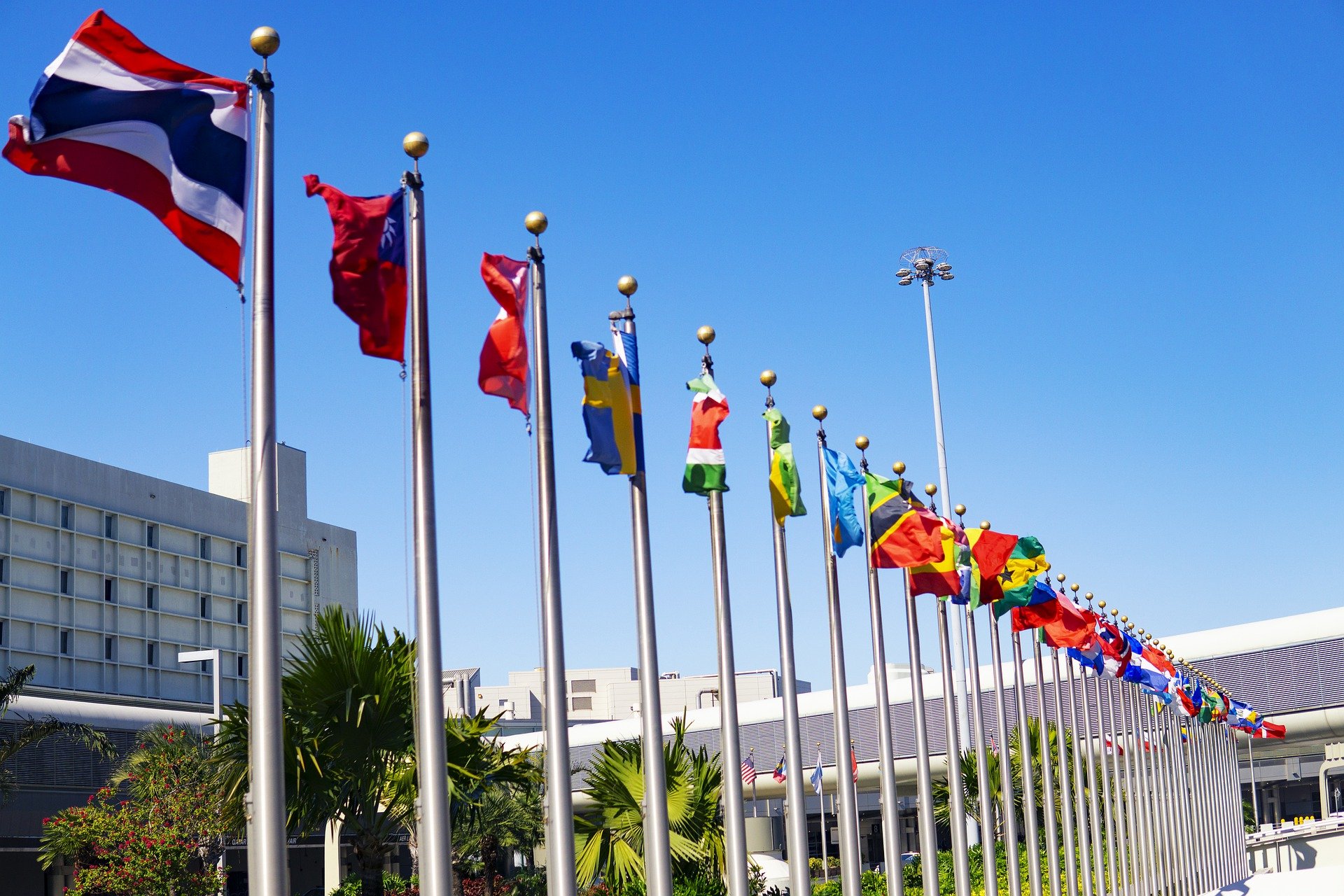
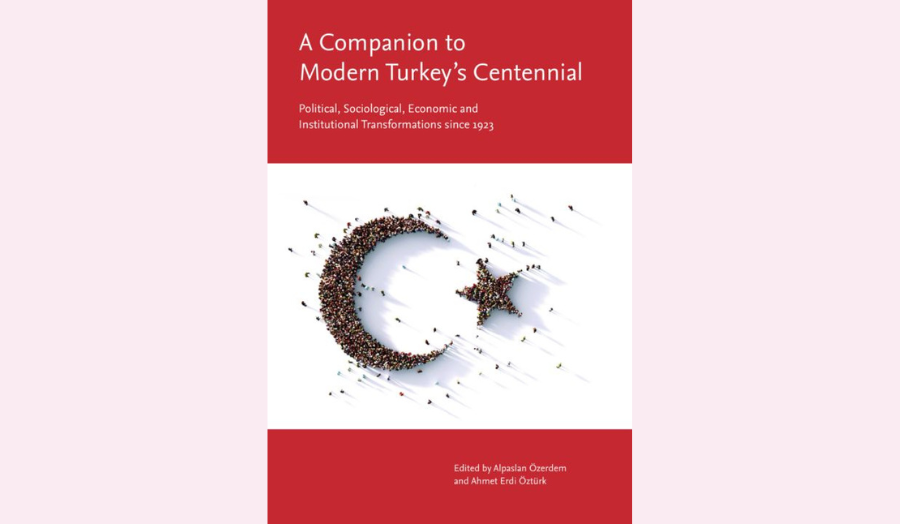
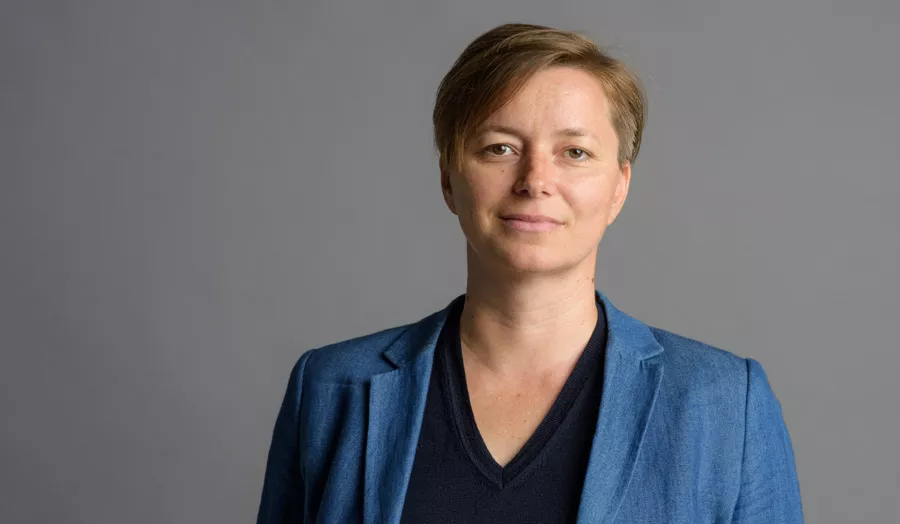

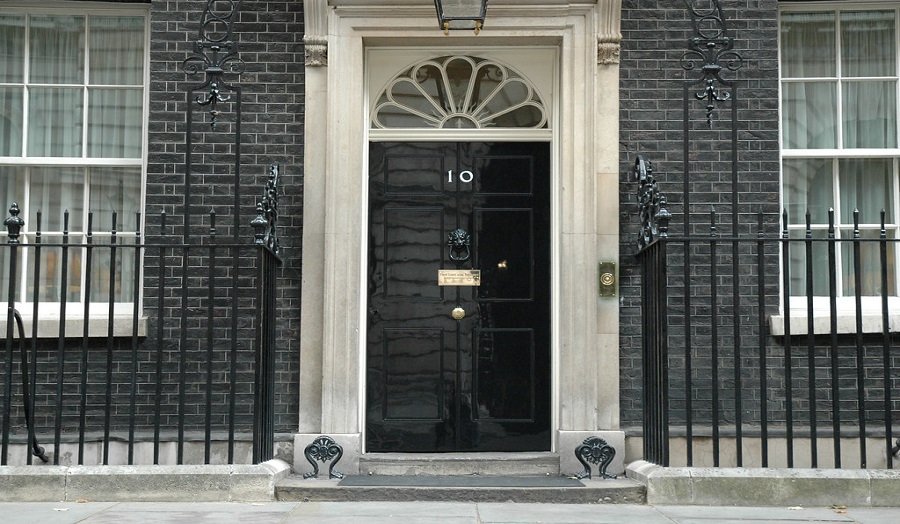

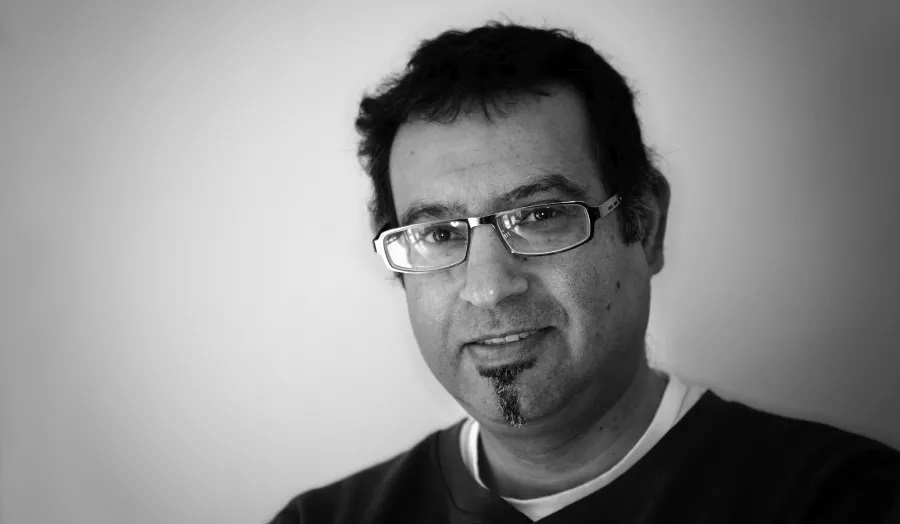

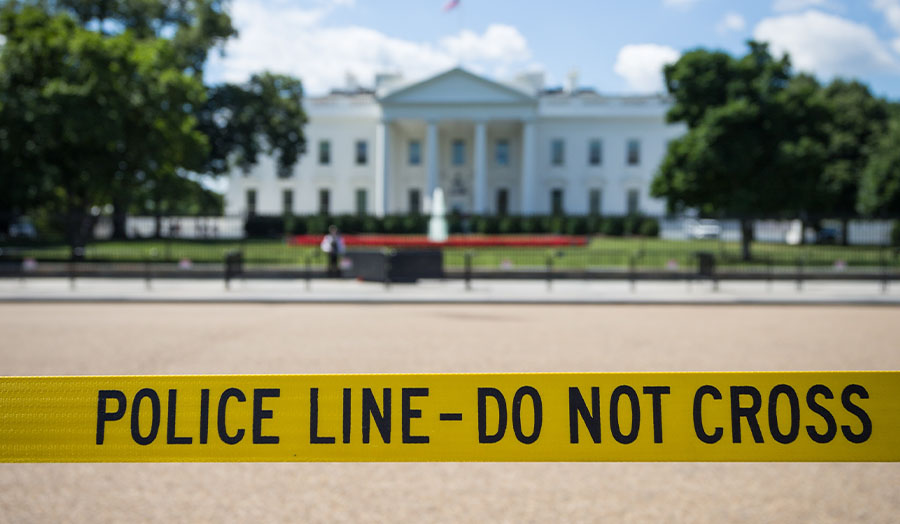
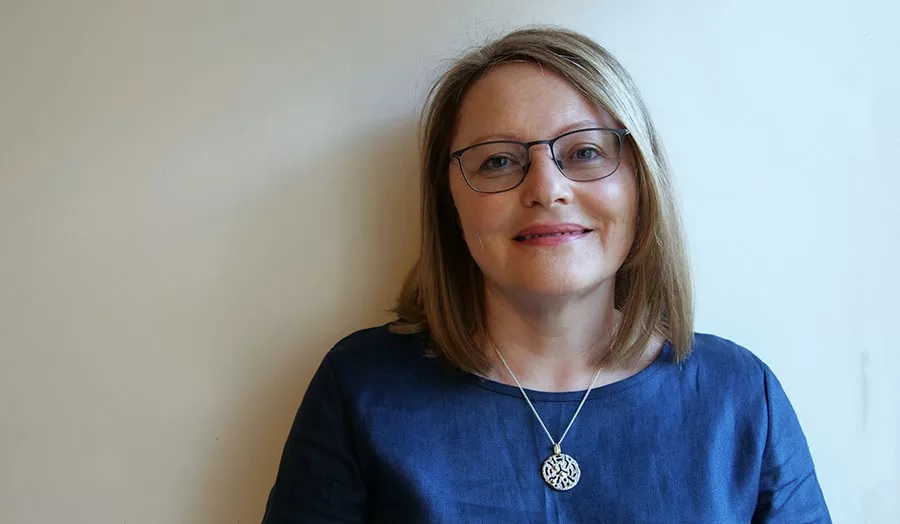
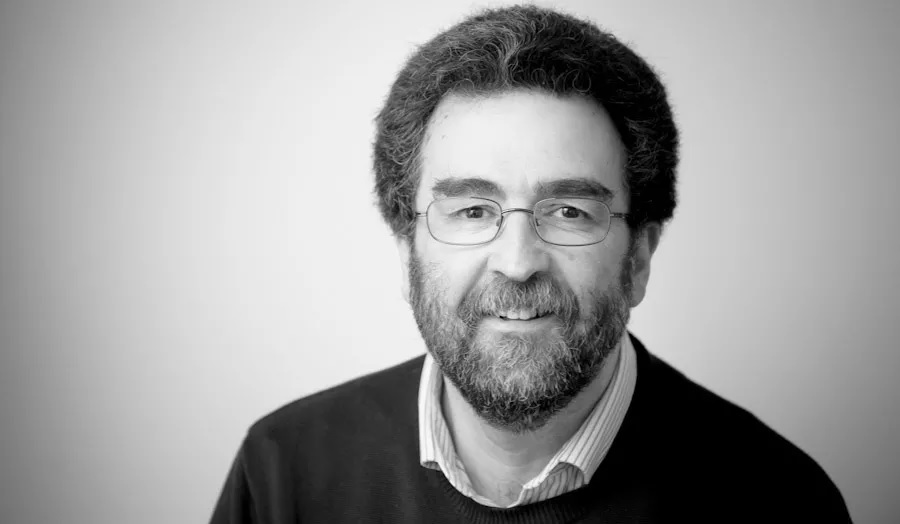
.png)

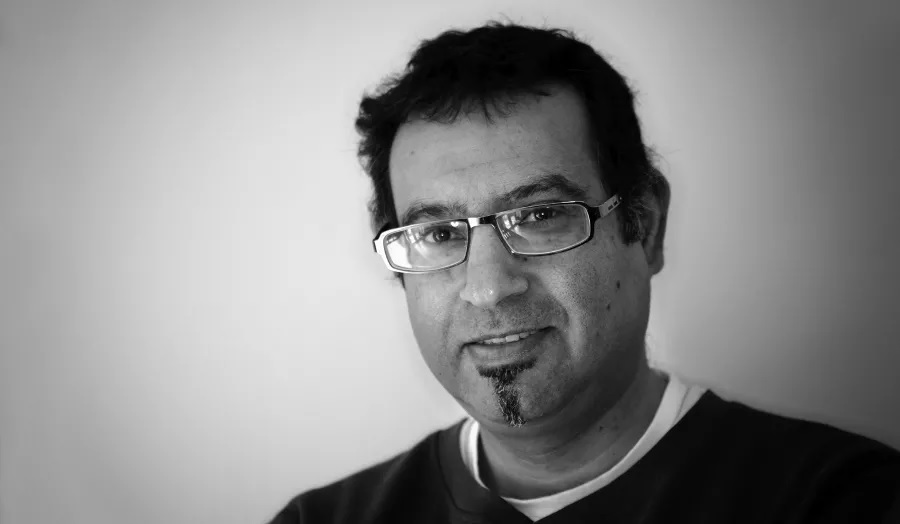
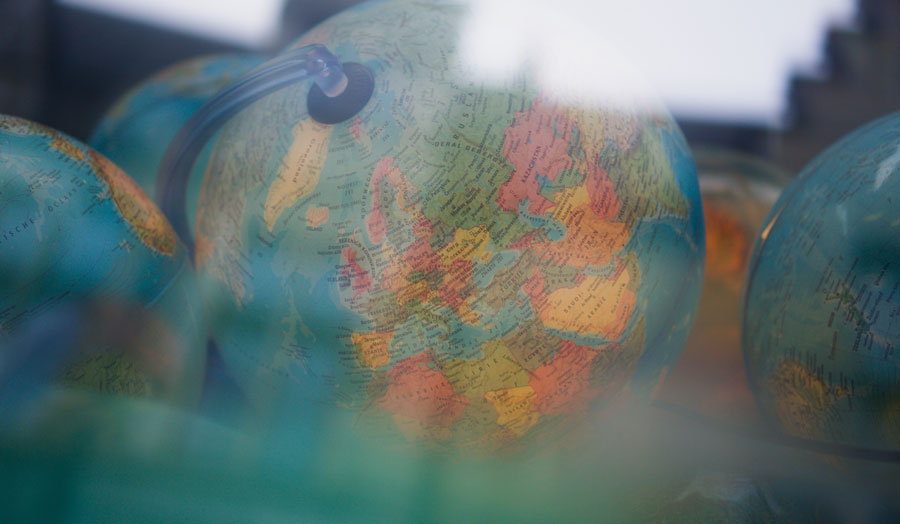
_3.jpg)


